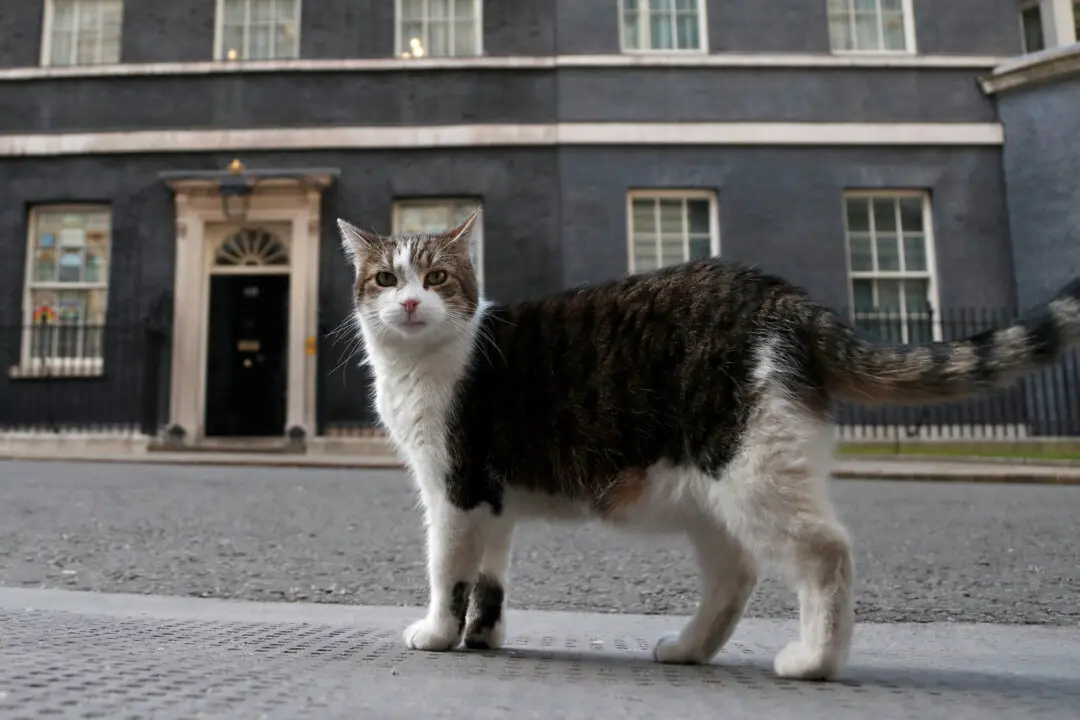JERUSALEM—Israel’s military said Wednesday it seized control of a strategic corridor along Gaza’s border with Egypt to cut off smuggling tunnels as it tries to destroy the Hamas terrorist group in a war now in its eighth month.
The capture of the Philadelphi Corridor could complicate Israel’s relations with Egypt, which has complained about Israel’s advance toward its border. Israel says the corridor is awash in tunnels that have funneled weapons and other goods for Hamas—despite a yearslong blockade imposed by Israel and Egypt.





